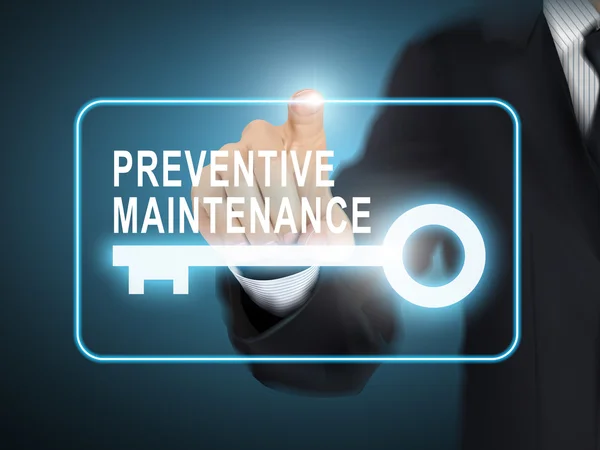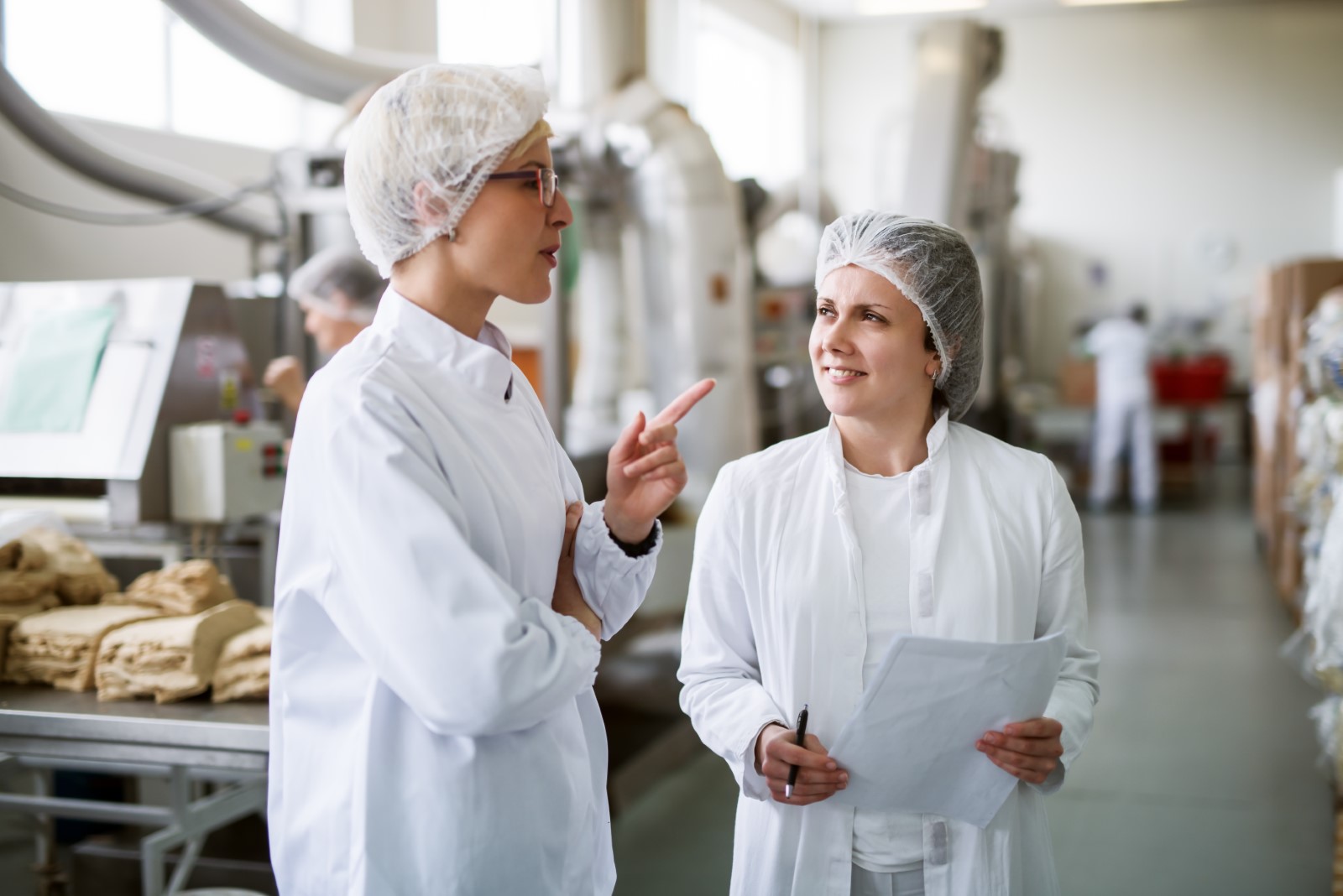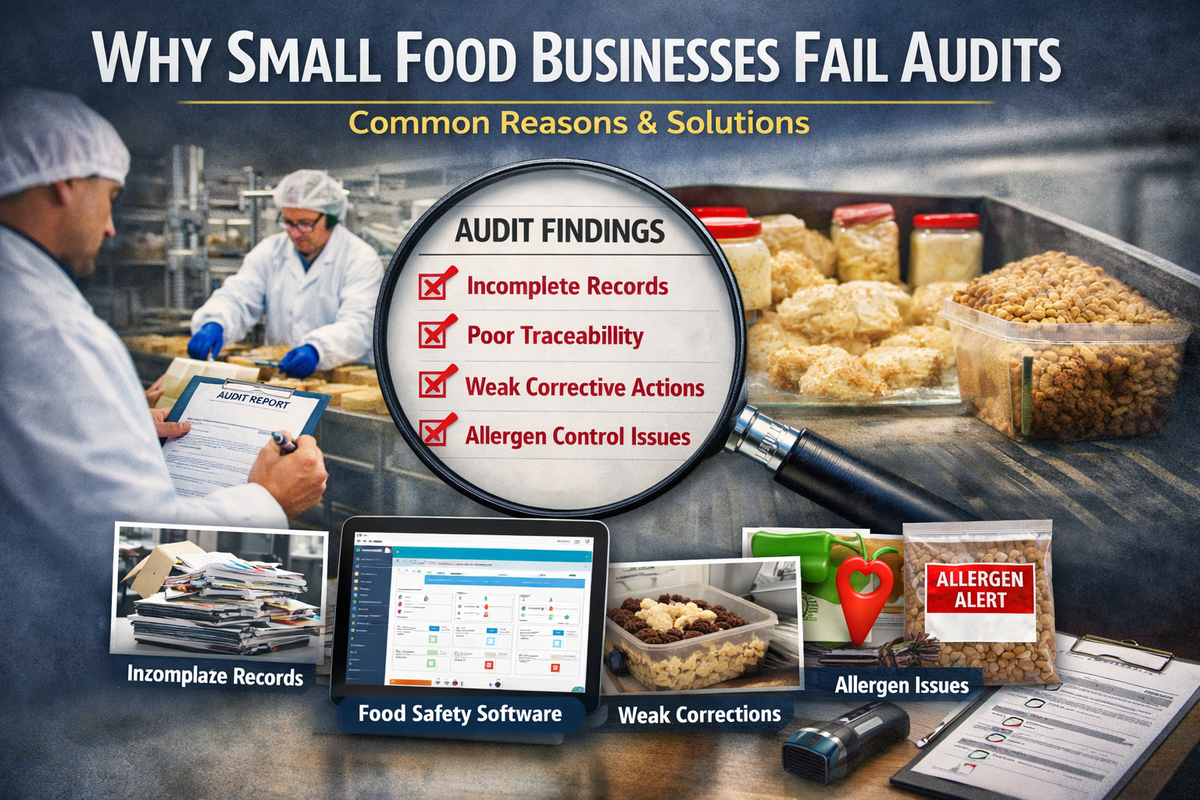Hello to all our readers! In the ever-dynamic food industry, maintaining top-notch food safety standards is a non-negotiable aspect. Today, we're here to discuss a critical yet often overlooked tool in the fight for food safety - preventive maintenance.
Understanding Preventive Maintenance:
Preventive maintenance involves regular, systematic inspections, detection, and correction of potential failures before they occur or evolve into significant defects. It includes tasks such as tests, measurements, adjustments, parts replacement, and cleaning, performed specifically to prevent faults.
The Role of Preventive Maintenance in the Food Industry:
In the food industry, preventive maintenance extends beyond just ensuring machinery operates smoothly. It plays a vital role in isolating and preventing potential food safety issues.
For instance, consider a refrigeration unit used for storing perishable food items. Regular preventive maintenance ensures that the unit operates at the required temperature consistently. Without such checks, a faulty thermostat could lead to unsafe storage conditions, potentially causing foodborne illnesses.
Benefits of Preventive Maintenance in Food Safety:
-
Prevents Contamination: Regular equipment check-ups can help reduce the risk of physical and biological contamination. Routine cleaning and inspection can help identify rust on equipment that could contaminate food or detect pests or bacteria that may pose health risks.
-
Ensures Compliance with Regulations: The food production industry is heavily regulated by authorities like the FDA. Regular preventive maintenance helps ensure that all equipment is up-to-date and meets essential safety standards.
-
Reduces Downtime: Unexpected equipment failure can result in significant production downtime. Preventive maintenance allows for planned maintenance activities, reducing unexpected breakdowns and ensuring smooth operations.
-
Extends Equipment Lifespan: Regular maintenance can help spot wear and tear on equipment before it becomes a significant issue, extending the overall lifespan of your equipment and reducing costs in the long run.
Implementing Preventive Maintenance:
A successful preventive maintenance program involves several steps:
-
Inventory: Begin by creating an inventory of all equipment and machinery. Include details such as the manufacturer, model, date of purchase, and any warranty information.
-
Schedule: Develop a maintenance schedule for each piece of equipment. This could be provided by the equipment manufacturer or based on your own experience and knowledge.
-
Training: Ensure that staff are adequately trained in both performing maintenance tasks and understanding why they are crucial for food safety.
-
Documentation: Maintain detailed records of all maintenance activities. This will not only provide a reference for future maintenance but can also be important for demonstrating compliance with food safety regulations.
-
Review: Regularly review and update the maintenance plan as necessary. This should be an evolving process, adapting as your business grows or changes.
In the food industry, preventive maintenance is not just about keeping machines running; it's a critical component of food safety. By investing in regular check-ups and repairs, businesses can avoid costly downtime, extend the life of their equipment, and most importantly, ensure the food they produce is safe for consumption. With this guide, we hope you have a better understanding of the importance of preventive maintenance in the food industry. Here's to safer, more efficient operations!







